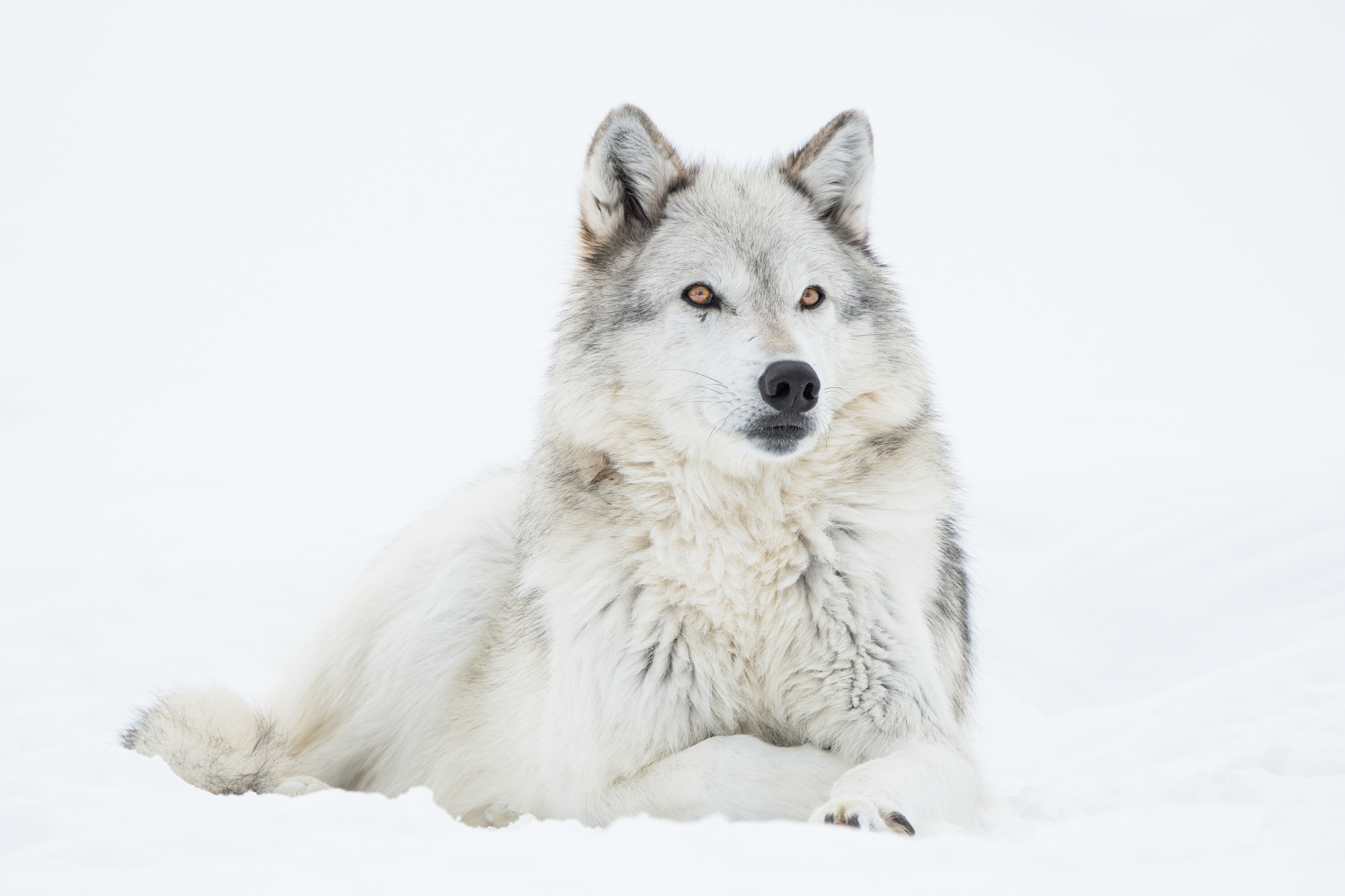
Coyotes Return To Quebec: Quebec's Wildlife Faces A New Era of Challenges
Coyotes: Adaptable Predators
Coyotes, once confined mainly to the western part of North America, have been expanding their range eastward for decades. Since the 1950s, they have established themselves in every Canadian province except Newfoundland and Labrador. In recent years, they have made their way into the province of Quebec. Coyotes are adaptable predators that can survive in various habitats, from forests to grasslands to urban areas.
They are opportunistic feeders that eat whatever is available, including small mammals, birds, reptiles, amphibians, fruits, and vegetables.
Impact on Wildlife
The return of coyotes to Quebec has had a significant impact on the province's wildlife. Coyotes are known to prey on various species, including deer, moose, rabbits, and groundhogs. They have also been known to kill domesticated animals such as cats and dogs.
In some areas, coyotes have had a negative impact on the populations of certain prey species. For example, a study conducted in the Eastern Townships region of Quebec found that coyotes were responsible for the decline in the local deer population.
Public Safety
Coyotes are generally not considered dangerous to humans, but they can be aggressive if they feel threatened. They have been known to attack people in rare cases, especially if they perceive them to be a threat to their young.
In Quebec, there have been a few incidents of coyotes attacking humans. In 2020, a coyote attacked a woman in the Montreal suburb of Laval. The woman was walking her dog when the coyote approached and bit her on the leg.
Pest Control
Despite the concerns about their impact on wildlife and public safety, coyotes can also play a beneficial role in the ecosystem. They help control populations of rodents and other small mammals that can carry diseases.
Coyotes are also scavengers that help clean up dead animals. This can reduce the risk of disease transmission and improve public health.
Management Challenges
The return of coyotes to Quebec has presented the province with some significant management challenges. Wildlife managers are working to find ways to mitigate the negative impacts of coyotes on wildlife and public safety while also recognizing their beneficial role in the ecosystem.
Another challenge is educating people about coyotes and how to avoid conflicts with them. Many people are still unaware of the dangers of feeding coyotes or leaving pet food outside.
Conclusion
The return of coyotes to Quebec is a complex issue with both positive and negative implications. Coyotes are adaptable predators that have had a significant impact on the province's wildlife. They can be a threat to livestock and pets, but they also play a beneficial role in the ecosystem by controlling rodent populations and cleaning up dead animals.
Wildlife managers are working to find ways to mitigate the negative impacts of coyotes while also recognizing their beneficial role. Public education is also important to help people understand the dangers of feeding coyotes and how to avoid conflicts with them.
Reflection on Broader Implications
The return of coyotes to Quebec is a reminder that the natural world is constantly changing. As humans continue to expand into new areas, we must be mindful of how our actions impact wildlife.
We need to find ways to coexist with wildlife, even when it poses challenges. This may require adapting our behavior, such as keeping pets indoors and not feeding wild animals. It may also require developing new management strategies to mitigate the negative impacts of wildlife on humans and the environment.
By working together, we can find ways to share our world with wildlife and ensure that both humans and animals can thrive.
Post a Comment